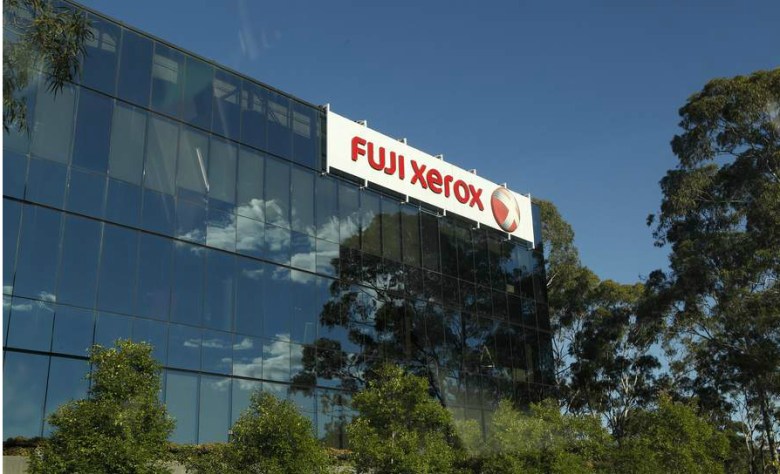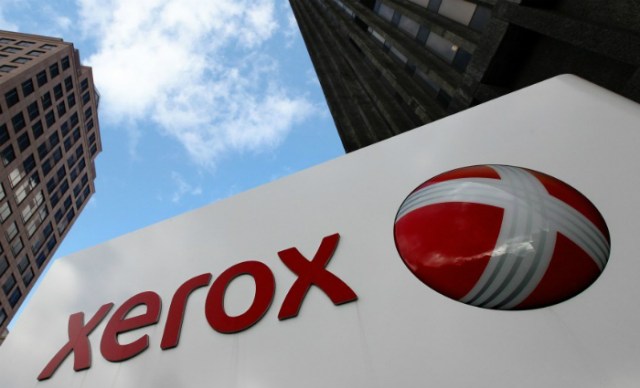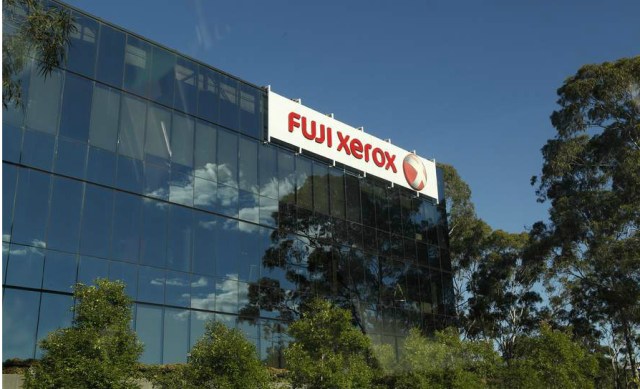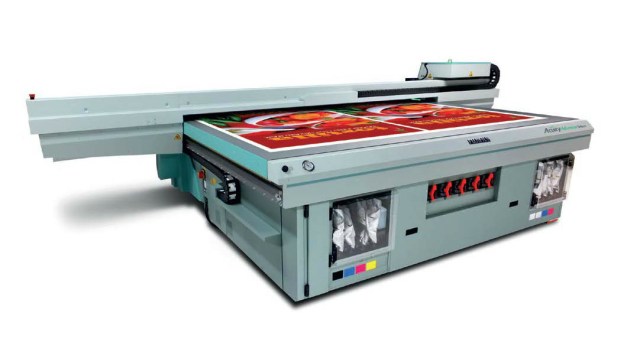
Japanese print giant Fujifilm has sued its one-time attempted American partner Xerox for more than US$1bn in damages for cancelling its proposed merger, claiming there was no legitimate cause.
Its lawsuit also seeks punitive damages and a US$183m merger termination fee.
In a statement, Fujifilm says, “The terms and conditions of the agreements were discussed in an appropriate manner, based on fair valuations from independent experts retained by both companies.
“The company believes the combination of Fuji Xerox and Xerox is the best option for the future of both companies as it was designed to accelerate business growth and realise new value creation for customers through the deployment of operations based on a globally unified marketing.”
While the two companies operate as a merged entity, Fuji Xerox, in Australia, the attempts to pursue the partnership on a global scale were hampered by first and third largest Xerox shareholders Carl Icahn and Darwin Deason, the latter of which sued Xerox in an attempt to stop the merger, claiming it undervalued the American company.
Icahn released a powerpoint presentation which gave an analysis of why the activist investor believed the deal was a dud, claiming, among other things, that “Fuji will take control of Xerox and receive US$120m more in annual dividends from Xerox without spending a penny.”
Xerox responded, saying “Mr Icahn and Mr Deason have joined forces in a highly disingenuous campaign that distorts and omits key facts about Xerox, its Board and management team, and the proposed combination with Fuji Xerox. Their ongoing attacks risk damaging the company and its ability to create value for shareholders.
“Their presentation and accompanying letter rehash prior misleading statements and fail to provide a credible or actionable alternative to create value for Xerox shareholders. Informed readers will clearly see numerous misrepresentations and computational errors, including those regarding the company’s debt balance, valuation multiple, margin structure, solid accounting policies, and current management’s track record of strong execution. Mr Icahn should know better, as he had a representative on Xerox’s Board for more than a year.”
Following the cancellation of the merger, Fujifilm pointed to Icahn and Deason, noting “Xerox has recently been subject to the whims of activist investors Carl Icahn and Darwin Deason, who, notwithstanding their minority ownership of Xerox shares, have yanked the Xerox Board in more directions than can be counted.”
A merger would have combined Xerox with the 56-year-old joint venture Fujifilm Xerox, in which Fujifilm and Xerox had stakes of 75 percent and 25 percent, respectively.
Fujifilm would have owned 50.1 percent of Xerox’s common stock, with Xerox shareholders receiving a $2.5bn special dividend.
Fujifilm had hoped the merger would deliver at least $1.7bn of cost savings and $1bn of new revenue annually.
Comment below to have your say on this story.
If you have a news story or tip-off, get in touch at editorial@sprinter.com.au.
Sign up to the Sprinter newsletter



